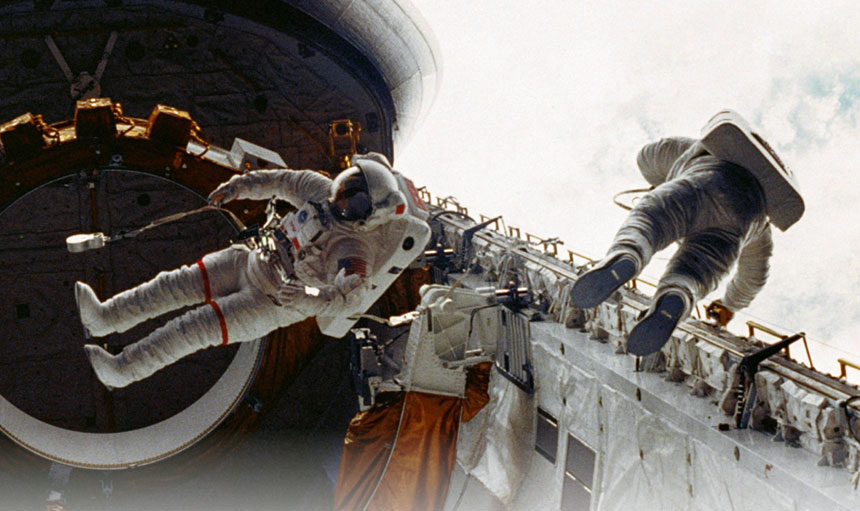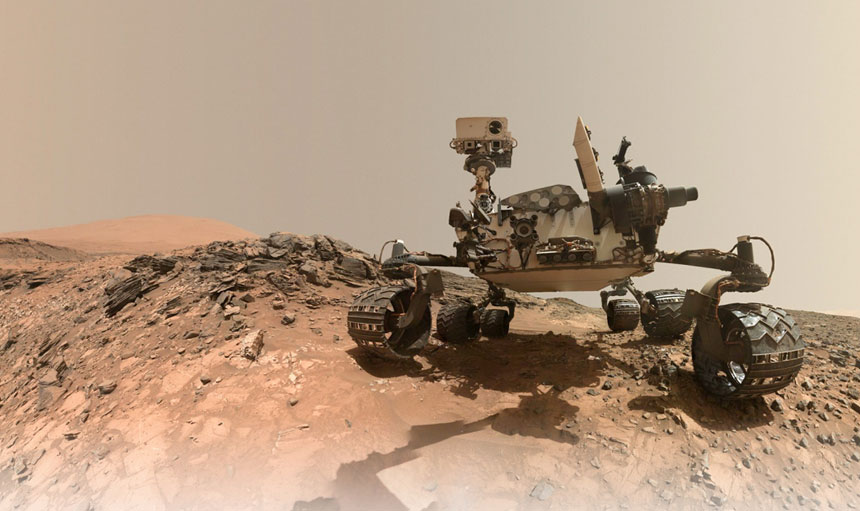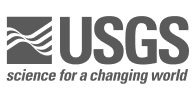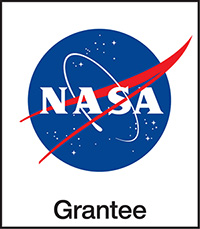Planetary Learning that Advances the Nexus of Engineering, Technology, and Science
Planetary Learning that Advances the Nexus of Engineering, Technology, and Science
PLANETS develops curricula and resources for educators and learners in grades 3-8 that provide STEM learning with an emphasis on NASA planetary science and engineering.
FREE * NASA Funded * Science Units * Engineering Units
What is PLANETS?
Get Ready to Teach PLANETS
Interested in teaching PLANETS? Interested in training staff or other educators how to use and access the Educator Guides and Resources?
We have a checklist and process you can follow, or can use to lead professional development for your staff.
STEM learning, for all students.

Science & Engineering
NASA missions are a perfect way to bring together science and engineering. In PLANETS units, learners engineer technologies like optical filters and use them to answer scientific questions like “Where was water on Mars?”
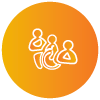
Space is for Everyone
Space has many interesting aspects that fuel learning and innovation. Activities are designed to interest and engage all learners and show that they can be scientists and engineers.

STEM Learning
By engaging in real-world, open-ended challenges, learners develop STEM Habits of Mind like considering problems in context and weighing the implications of solutions.
What Educators Are Saying About PLANETS
“What I love about this curriculum is how it builds on each lesson. You introduce a concept and then expand on it in the next lesson, adding more depth. By the end, you’ve put all the pieces together for a comprehensive understanding. That’s what I appreciated.”
“I think units like this really open up careers, jobs that students can see themselves having in the future. When kids think about a scientist, they just imagine someone mixing chemicals. There are so many different careers that they can have in science.”

